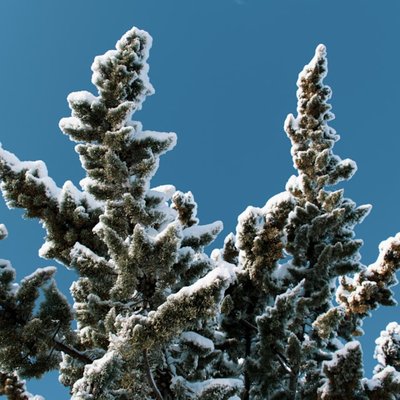- Dictionary
babe(
beyb
)A noun is a word referring to a person, animal, place, thing, feeling, or idea (e.g., man, dog, house).
a. cariño
Babe, can you hold my hand?Cariño, ¿puedes tomar mi mano?
I don't know you, so don't call me "babe."No te conozco, así que no me digas "cariño."
2. (colloquial) (attractive female)
A word or phrase that is commonly used in conversational speech (e.g., skinny, grandma).
a. la chica linda (F)
(f) means that a noun is feminine. Spanish nouns have a gender, which is either feminine (like la mujer or la luna) or masculine (like el hombre or el sol).
What a babe!¡Qué chica linda!
b. la mamacita (F) (colloquial) (Latin America)
(f) means that a noun is feminine. Spanish nouns have a gender, which is either feminine (like la mujer or la luna) or masculine (like el hombre or el sol).
A word or phrase that is commonly used in conversational speech (e.g., skinny, grandma).
Regionalism used in Latin America: all the countries in South America, Central America, and the Caribbean. Does not include Spain.
Jerry's new girl is a real babe.La nueva chica de Jerry es una verdadera mamacita.
c. el bombón (M) (colloquial)
(m) means that a noun is masculine. Spanish nouns have a gender, which is either feminine (like la mujer or la luna) or masculine (like el hombre or el sol).
A word or phrase that is commonly used in conversational speech (e.g., skinny, grandma).
Ms. Gonzalez is a total babe.La señorita González es un bombón total.
d. el jamón (M) (colloquial) (Spain)
(m) means that a noun is masculine. Spanish nouns have a gender, which is either feminine (like la mujer or la luna) or masculine (like el hombre or el sol).
A word or phrase that is commonly used in conversational speech (e.g., skinny, grandma).
Regionalism used in Spain
Hey, don't call my mom a babe!¡Oye! No le llames jamón a mi mamá.
3. (infant)
b. el rorro (M) (colloquial) (Spain)
(m) means that a noun is masculine. Spanish nouns have a gender, which is either feminine (like la mujer or la luna) or masculine (like el hombre or el sol).
A word or phrase that is commonly used in conversational speech (e.g., skinny, grandma).
Regionalism used in Spain
The babe is crying.El rorro está llorando.
Examples
Phrases
Other Dictionaries
Explore the meaning of babe in our family of products.
Random Word
Roll the dice and learn a new word now!
Want to Learn Spanish?
Spanish learning for everyone. For free.























